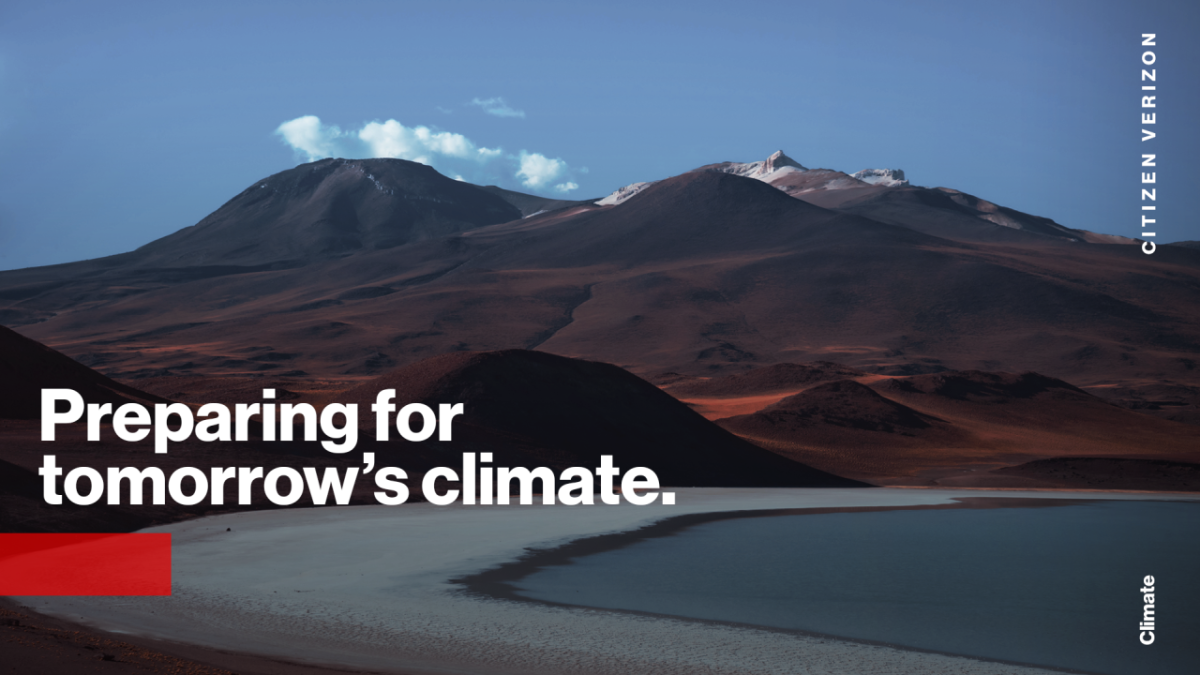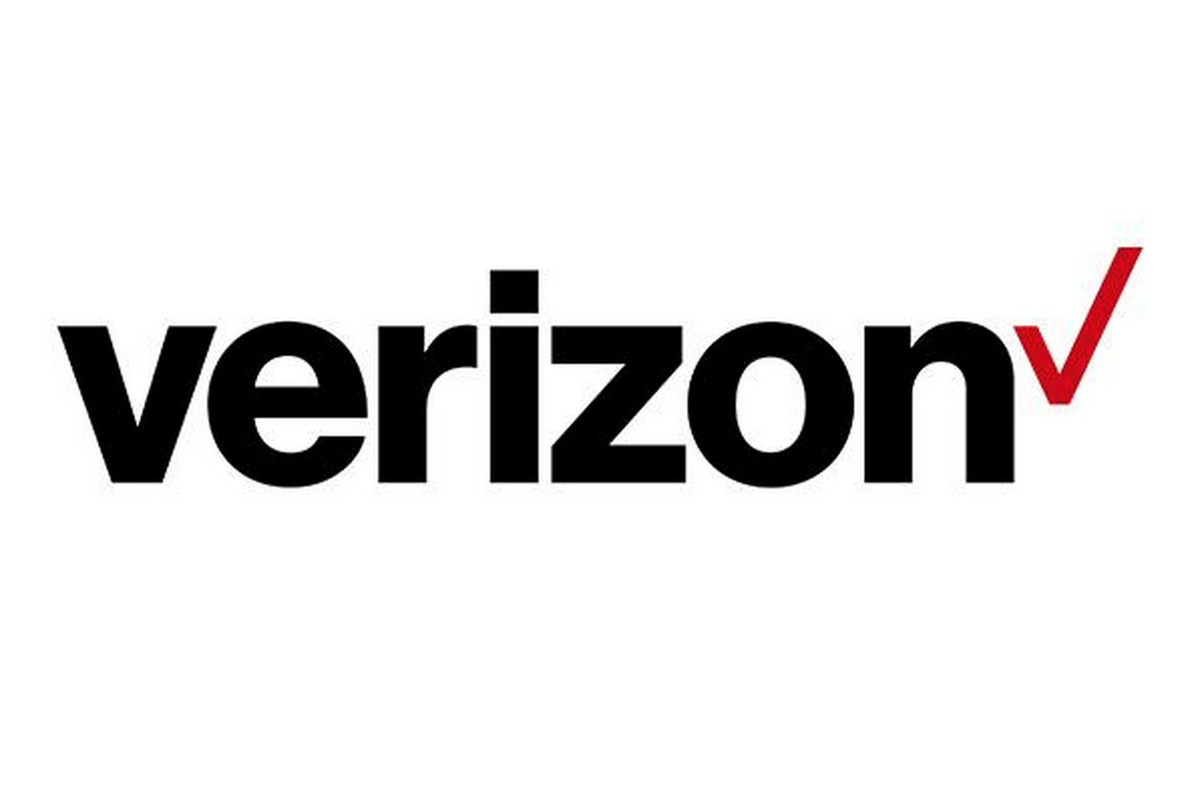The Intersection of Corporate Good and Climate Justice
by Rose Stuckey Kirk, Chief Corporate Social Responsibility Office

A recently-released report from the Environmental Protection Agency reveals that the most severe harms from climate change fall disproportionately upon underserved communities. Folks from these communities are typically the least able to prepare for and recover from heat waves, poor air quality, flooding, and food shortages. If the planet warms according to projections, Black and African American people in the U.S. are 34% more likely to live in areas with the highest projected increases in childhood asthma and 40% more likely to live in areas with the highest projected deaths from extreme temperatures. Many Hispanics and Latinos also work in weather-exposed industries such as construction and agriculture, which means they are 43% more likely to live in areas with the highest projected reductions in labor hours due to extreme temperatures putting their livelihoods at risk. Additionally, as the U.S. Climate Resilience Toolkit points out, rural communities and their reliance on farming and fishing industries render them vulnerable to the impacts of climate change. And, with less access to capital and healthcare, they’re unable to properly cope.
Given these urgent matters, we cannot address climate change without addressing climate justice and inequality within the system. Climate protection, including climate justice, is a core tenet of Verizon’s responsible business plan, Citizen Verizon. We’re reducing our environmental impacts through numerous efforts as we work to achieve net-zero carbon emissions in our operations by 2035. But to be a true change maker, we must use our position as a market leader and harness our innovative solutions to address climate change threats as well as leveraging our resources and technology to empower others to address this global emergency in the communities where they live. That's why we recently launched the Verizon Climate Resilience Prize, in partnership with GreenBiz and the Adrienne Arsht-Rockefeller Climate Resilience Center. This prize will recognize and propel climate resilience solutions that have proven results and are ready to scale and positively impact communities. With an award pool of $500,000 divided among three winners, the Climate Resilience Prize will seek to recognize in-market solutions that are innovating to reduce climate change’s impact on at-risk communities. We’re aiming to lift up innovative solutions across three categories:
-
Created by and for frontline communities - including Black, indigenous, people of color, immigrants, low income and people with disabilities
-
Innovations that use technologies including but not limited to 5G, edge computing, real-time IoT, AI, and XR to advance climate resilience
-
Solutions that use the power of nature or natural systems to respond to the negative impacts of climate change
When we leverage technology to help make the planet a better place to live and keep us safe, everyone benefits.
The Forward for Good Accelerator is another initiative in Verizon’s ongoing efforts to help communities reimagine how we live, work, and innovate. In partnership with innovation agency Alley, this start-up accelerator program is aimed at driving meaningful social change through leading-edge technologies, such as 5G, MEC, AI and XR. The first cohort focused on advancing climate justice for populations that disproportionately bear the impacts of climate change and includes solutions that provide early wildfire detection and mapping services, and a hurricane warning venture that deploys radar weather satellites to measure the wind over the ocean. The second cohort is currently accepting applications through November 8 from start-ups building technology to empower individuals with disabilities.
The effects of climate change are being studied by scientists, researchers, academics and other experts from every part of the globe. This past summer, the World Meteorological Organization reported that "2021 is a make-or-break year for climate action, with the window to prevent the worst impacts of climate change—which include ever more frequent more intense droughts, floods and storms—closing rapidly."
Climate change isn’t a problem our grandchildren will have to deal with. It’s here now. I was struck by a recent scientific study finding that if the planet keeps warming at its current pace, the average six-year-old will live through three times as many climate disasters as their grandparents. We have to change the way we live so that our children can inherit a liveable planet, too.

